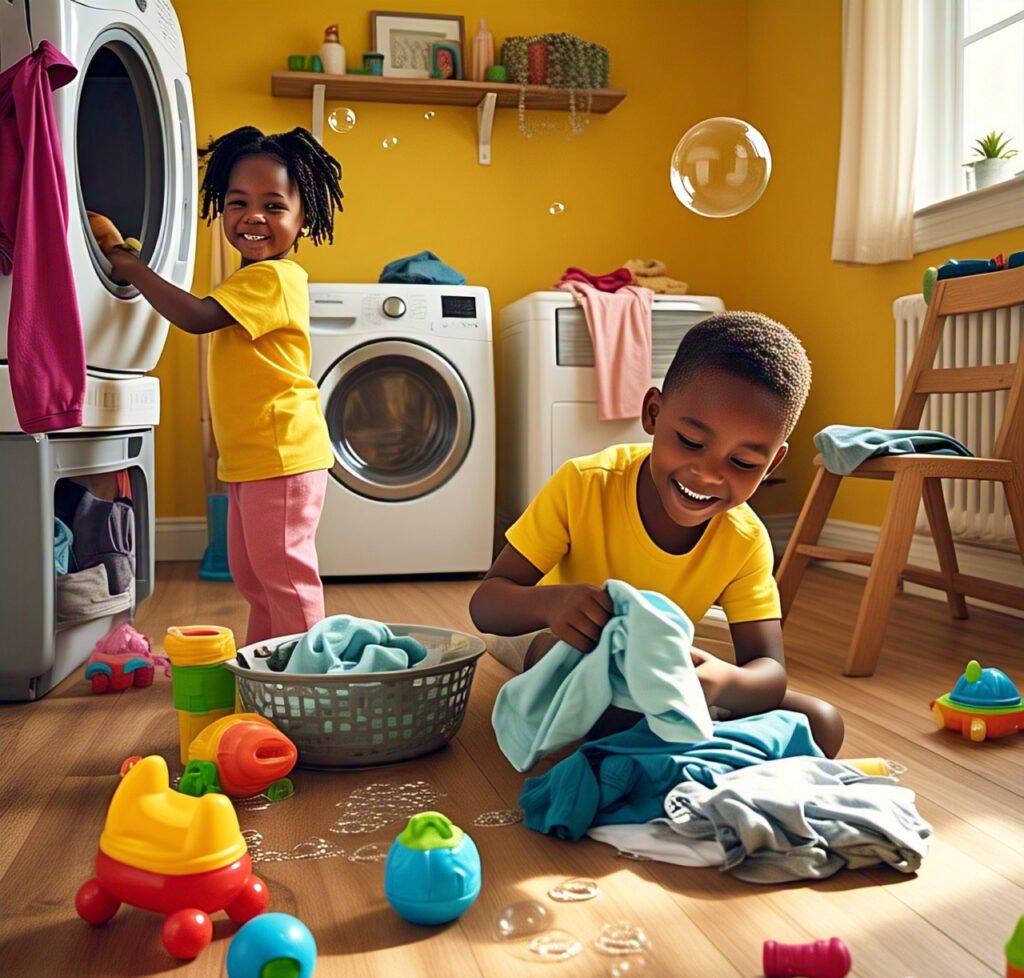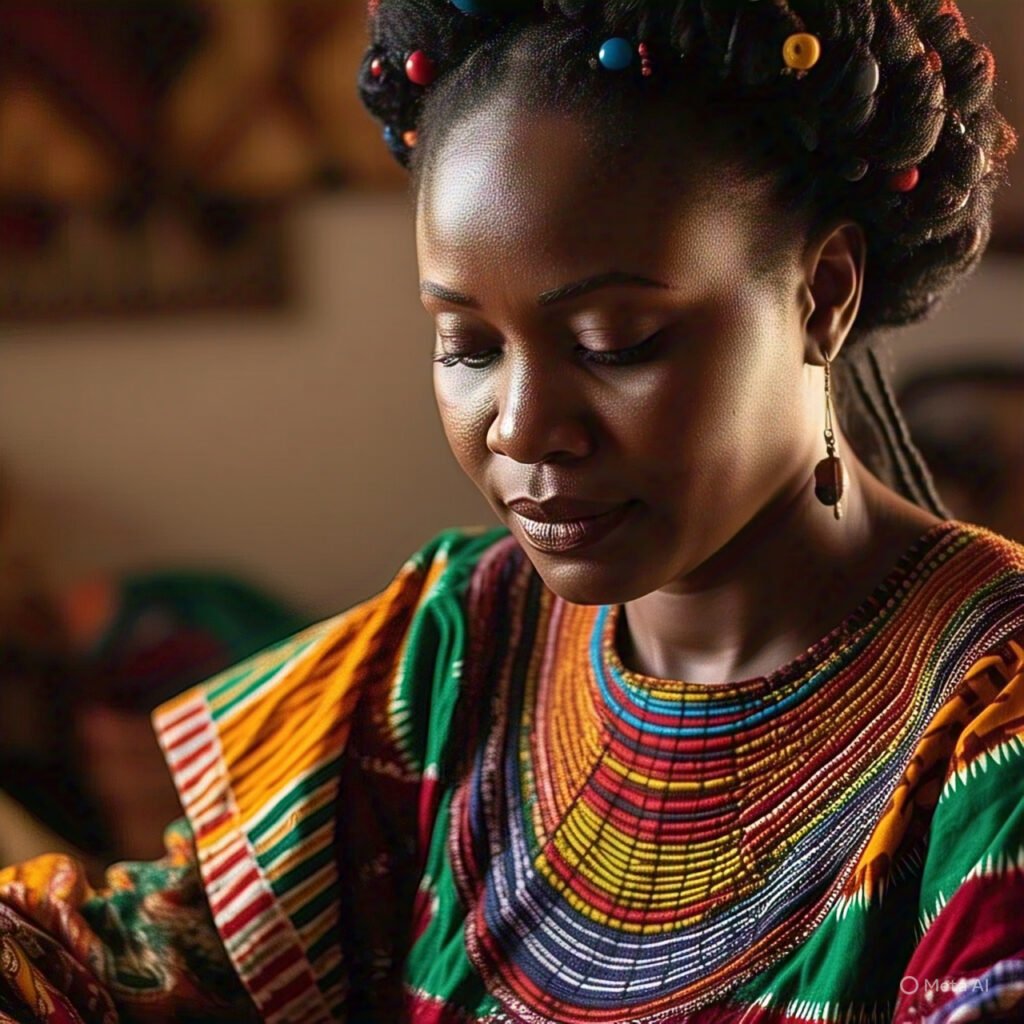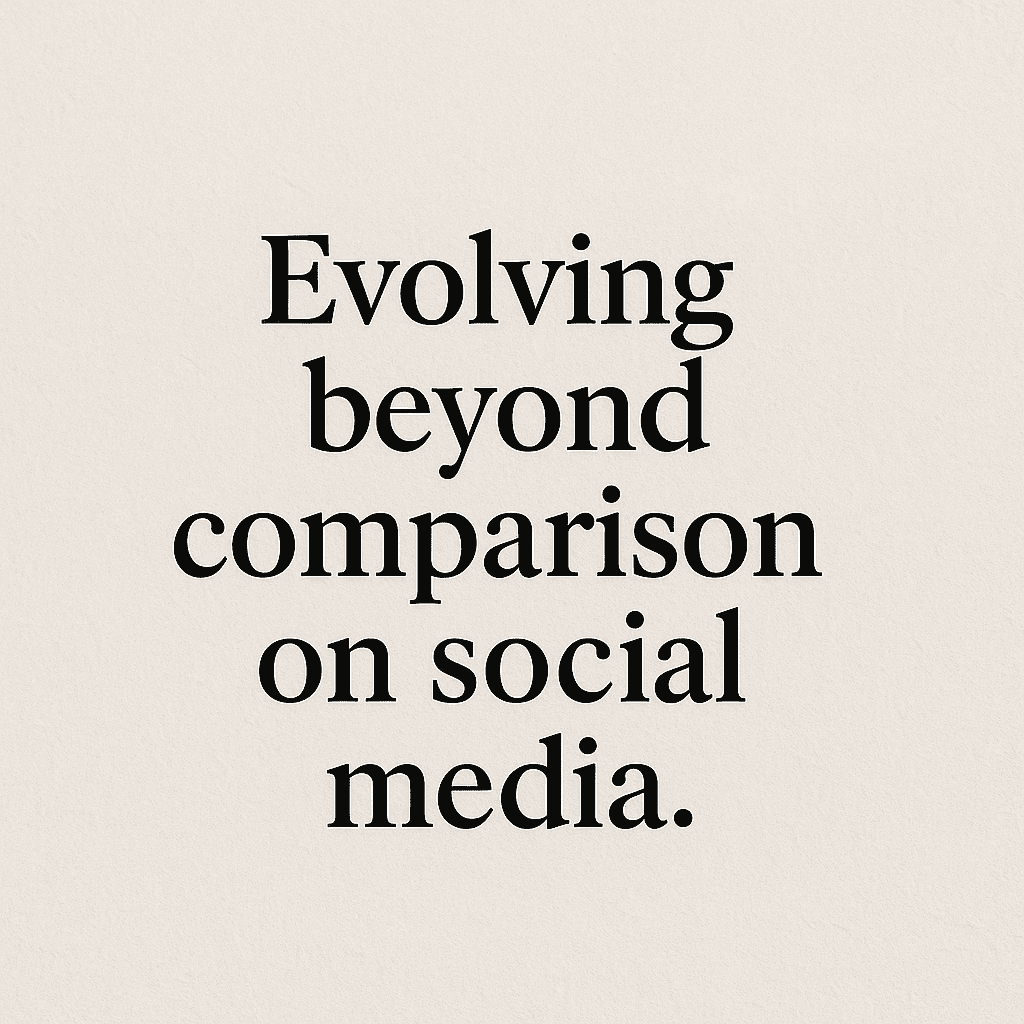Nurturing Growth at Home
What Does Nurturing Growth at Home Mean? Our homes are the very first learning hubs for our children. Long before school and structured learning, they look to us for guidance on how to navigate life and the world. So, nurturing growth at home isn’t just important—it’s essential. For me, nurturing growth at home means […]
Nurturing Growth at Home Read More »






